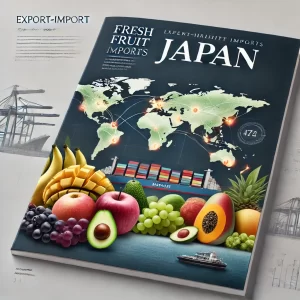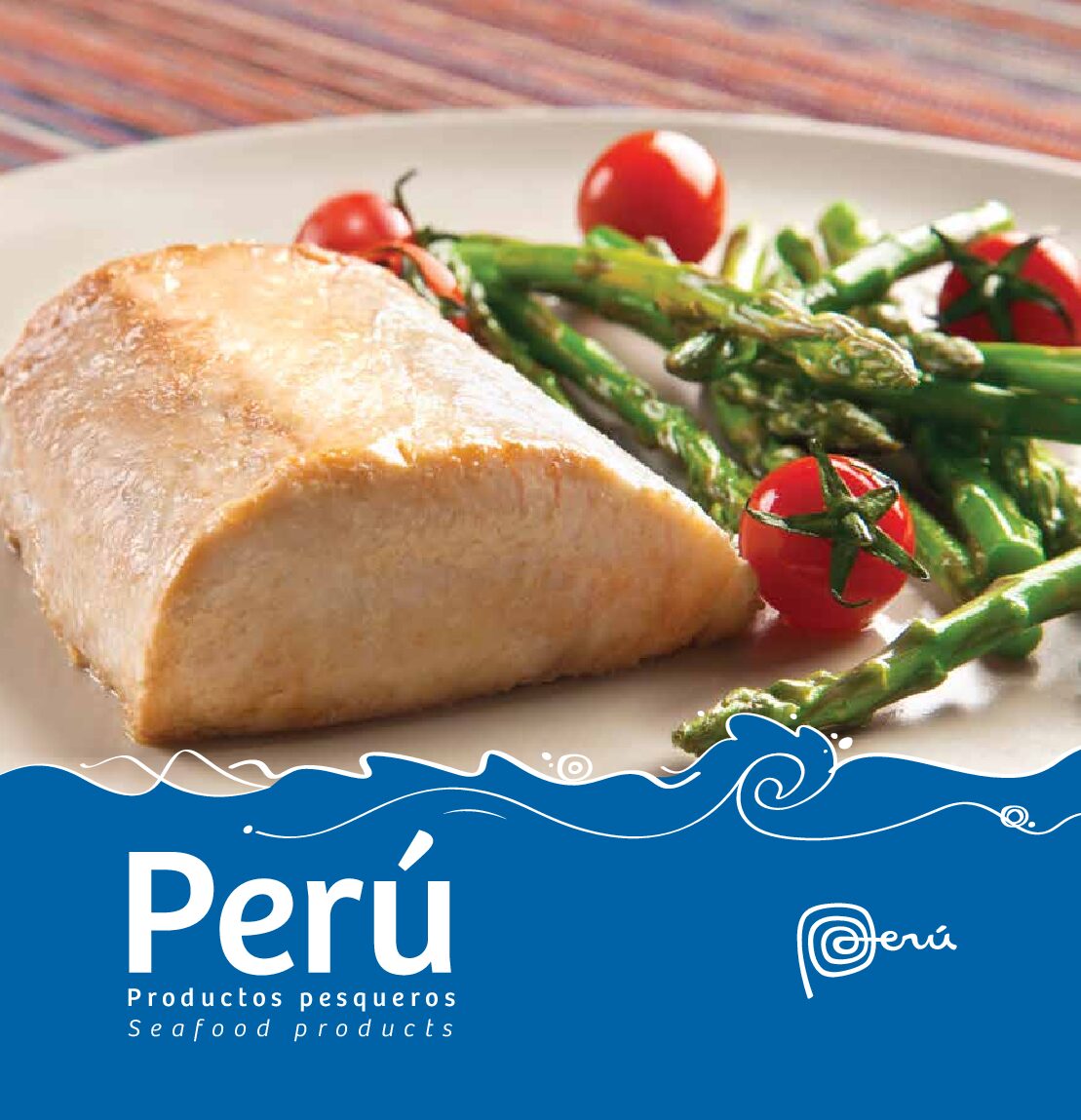
The MAFF announced the changes in Japan’s import plant quarantine measures related to Phytosanitary Certificates through the WTO/SPS notification (G/SPS/N/JPN/684/Add.1) stated 6th August 2020.
As described in the WTO/SPS notification, Japan has been exceptionally accepting the import of some plants such as grain and wood imported as cargo even without a Phytosanitary Certificate unless quarantine pests are detected at the import inspection. After a three-year transition period, from 5th August 2023, The MAFF will strictly require the attachment of a phytosanitary certificate for these plants, such as grain and wood etc., imported by cargo.
Fruit Consumption per Japanese Household 2024
Based on trade statistics published by the Ministry of Finance in 2024, the following is a summary of fresh fruit imports during December and the cumulative from January to December 2024.


Peru was present at SEAFOOD SHOW 2024
24Th Japan International Seafood & Technology Expo 2024
Peru’s participation in this fair has been successful, exceeding the expectations of both Japanese and Peruvian businessmen. This result reinforces the importance of the Peruvian fishing industry in the national economy and opens new opportunities for the expansion and diversification of exports in Asia.
The following link shows the wide range of marine products that Peru exports to different parts of the world:
Fishery products brochure
The 262th Conference for Promotion of Food Import Facilitation – MHLW
The 262th Food Safety Group (FSG) meeting—Conference for Promotion of Food Import Facilitation
Item 1. Establishment of the Maximum Residue Limits for Agricultural and Veterinary Chemicals in Foods.
Item 2. Designation of Substances Having No Potential to Cause Damage to Human Health (exempt substance)
Item 3. Revision of the Specifications and Standards for Foods, Food Additives, Etc. (Methyl Cellulose and Dimethyl Dicarbonate)


